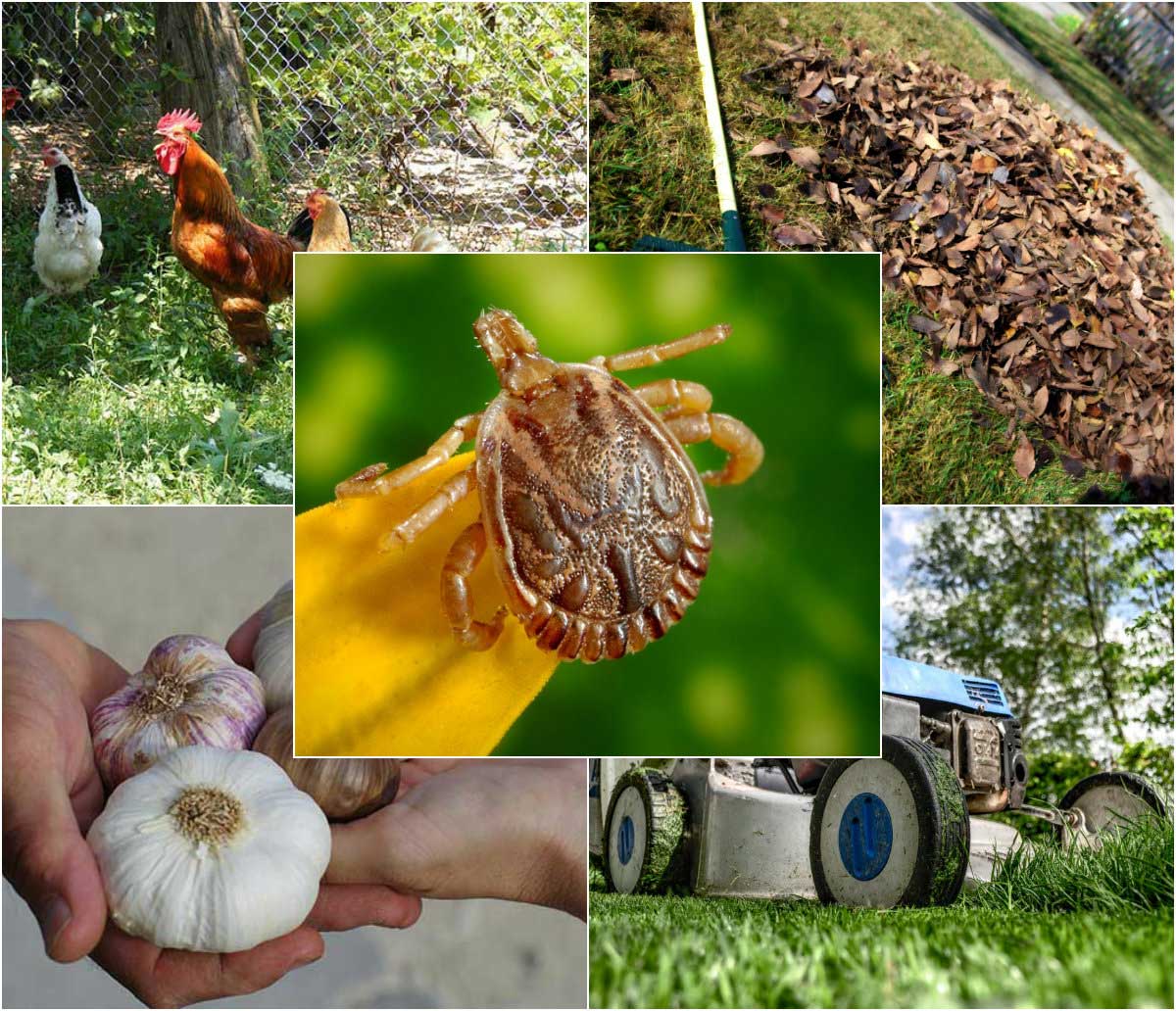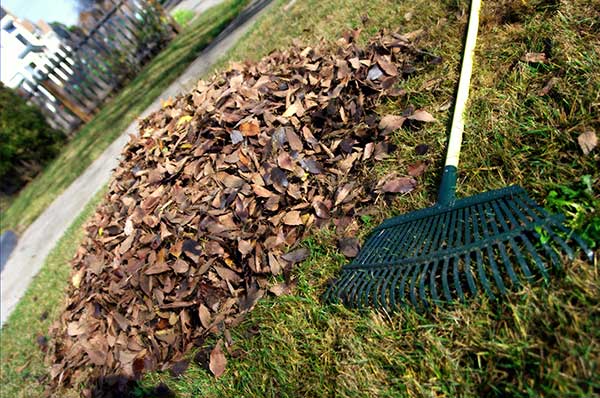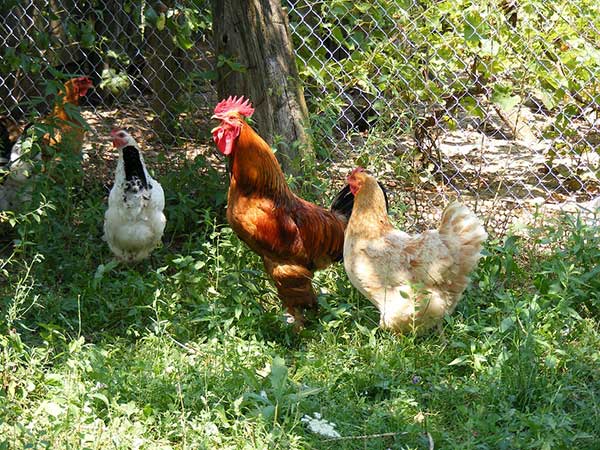8 Natural Methods for Banishing Ticks from Your Garden
Ticks can be dangerous, carrying diseases that can harm you or your family. Ticks might be small, but the health problems they can carry are not small. Lyme disease happens to be one of the most common infections carried by ticks, potentially causing fevers, headaches and other symptoms. Lyme disease can last for years, causing dozens of side effects.
You don’t have to be walking through the woods or playing in trees to have a tick bite you. It can happen in your backyard or garden. You don’t think to check yourself or your children. Then, the tick stays attached for a few days! Nothing is more horrifying than finding a tick on your child days later.
Luckily, there are natural ways to reduce the tick population in your garden and yard. Of course, it is impossible to eliminate them totally. Ticks are natural and move freely in our world. However, a combination of these methods should reduce the population down in your area.
8 Natural Ways to Get Rid of Ticks in Your Garden
1. Keep the Grass Mowed
Tall grass is a favorite spot for ticks to hang out, so keeping your grass short is smart. Ticks are less likely to spend time in tall brush rather than an upkept yard. You also want to prune shrubs to allow more sunlight. Damp areas attract ticks as well.
2. More Sunlight than Shade
You can’t control how much sun there is on any given day, but you can control how much sunlight accesses your property and garden. Pruning back your trees and cutting stray limbs is a great start. Maximizing sunlight is beneficial for your yard and garden. Ticks love areas with high moisture, and abundant sunshine will soak up all the moisture!
3. Pick Up Trash and Debris
Removing all of the litter in your yard reduces the areas that ticks might live. Ticks love decomposing leaves spread throughout your yard. Don’t leave piles of grass clippings throughout your yard. Instead, rake and scoop them up. You can add them to your compost pile!
Ticks can find any pile and make it their home. Sticks and logs are another choice. Keep trash in a locked container. Raccoons, rodents and other trash diggers harbor ticks and will bring them to your property. If you maintain your garden area nicely, ticks will stay at bay.
4. Stop Other Animals From Coming In
Animals are hosts for ticks. Deer happen to be the most common host for ticks, carrying them from place to place. It is a good idea to work towards keeping these animals off of your property. A fence is the best fix, but it will cost you money, especially if the area is large.
You have to make sure you create the right barrier as well. Deer can jump, so your fence should be around eight feet tall. Thorny bushes also deter them from trying to scale the fence. Make sure there aren’t any gaps. Rabbits, rodents, and raccoons can squeeze their way into gaps.
Another effective method is to plant deer-repellant plants around your garden. These plants typically have a strong fragrance or disturbing texture. Lavender is one of the most effective and popular picks. Lupines, bellflowers, echinacea, and foxglove are also popular picks.
5. Create a Barrier
Obviously, no fence in this world can stop ticks. Instead, you want a simple barrier along the ground in your garden. You can lay wood chips, sand, crushed stone or sawdust. Laying down a thick barrier on the ground around your garden beds is very effective.
6. Get Some Chickens
Our property borders the woods, and we always had tick issues. Ticks and woods go hand in hand. Then, we purchased a small flock of chickens. It wasn’t until an entire summer went by that I noticed none of us, children or adults, had one tick on them all year!
Make sure that you check your local zoning laws before purchasing chicks. Chickens love ticks; they are a favorite snack! Plus, you get the bonus of having fresh eggs every day. If you have enough chickens, you might be able to sell your surplus for some extra cash.
7. Embrace Garlic
Garlic has dozens of uses for culinary and medicinal purposes. You can also use it to keep ticks and vampires away. That is a powerful, versatile herb!
You can plant garlic in your garden as a deterrent. Creating your garlic spray is even more effective. All you need to do is mince four garlic cloves and mix with oil. Then, strain out the cloves. Add a teaspoon of dish soap and two cups of water. Put in a spray bottle and do a small test patch in your garden. If you notice yellowing, dilute it more. Then, spray it around your garden!
8. Uncomfortable Paths
If you have woods on the border of your property, consider creating an uncomfortable path that the ticks won’t want to cross. It might mean that you have to wear shoes if you decide to walk the edges of your property. Ticks don’t like to walk across a coarse item, such as gravel or wood chips. It is the same as walking on sharp items for humans, such as glass or Legos (parents understand that pain).
If you have an area you don’t want ticks to come into, such as your garden or patio, make a buffer zone. It doesn’t have to be huge! Just a small path will work.
Ticks are an annoyance that could lead to frustrating health issues. It can be hard to control the population once it booms in your garden. The best route is to continue and upkeep the area to the best of your ability. Mow the yard often, keep your woodpile neat and prune back trees. Regular maintenance goes a long way to keeping ticks naturally out of your garden. Don’t forget to try some chickens and create a garlic spray! A tick-free zone is in your future.
 Home and Gardening Ideas At home and Gardening ideas we believe inspiring readers about homesteading, self sufficiency
Home and Gardening Ideas At home and Gardening ideas we believe inspiring readers about homesteading, self sufficiency














